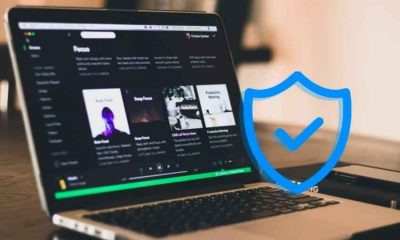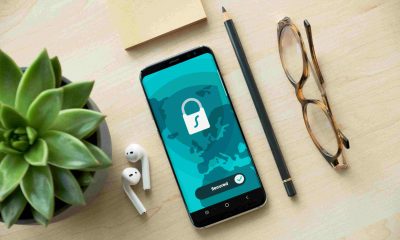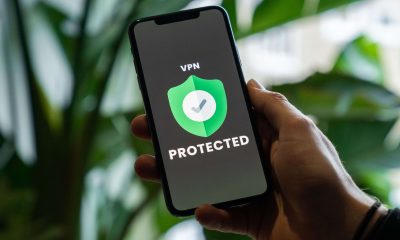Keep Personal Information Personal
Most people will use their personal information like passwords on various platforms, such as their birthdays, wives’ names, or children’s names. While this is endearing, such information should not be shared on social media. Hackers can easily hack your information and use it to their advantage. Also, avoid sharing personal information on social media, such as addresses. Simply said, personal information should be kept private. Instead, aliases or addresses that aren’t linked to you can be used.
Secure Your Passwords
Let’s be honest, it is incredibly challenging to master and memorize all your passwords for online accounts. Writing them down may not be a safe, let alone practical solution either. Instead of saving them on your computer where a determined hacker could access them, a reliable Password Manager is more advisable. It saves you from the trouble of having to cram complex passwords while ensuring they are protected. With a good password management tool, you can also store other personal information such as credit card details securely.
Use Two Factor Authentication
Someone might easily gain access to your passwords and attempt to access your profile or bank account for that matter. However, when you need the password and a code that is supplied to you privately to access your account, it becomes extremely difficult for such an individual to do so. Two-factor authentication, also known as 2FA, is a method of adding extra security to your account. Your accounts and profiles become practically impenetrable when this option is enabled and a strong password is used to complement protection.
Use VPN
As an internet user, you may want to connect to free public Wi-Fi to reduce your own spending. As you may be aware, a large number of users share the same wireless network. If you aren’t savvy enough, this is one of the ways you can be easily exploited. If your internet connection isn’t secure, hackers can simply access your personal information. A VPN (a virtual private network) secures your device’s connection to an internet server, ensuring that no one can monitor or read your data via the internet. Whether you’re utilizing a public or private internet connection, you should use a VPN to ensure that it’s securely connected.
Keep Your Devices Up to Date
Cybercriminals will attempt to get to you in a variety of ways. This may entail infecting your computer with malware or looking for flaws in the operating system you’re using. This is why the majority of software suppliers will constantly release security patch updates to keep you protected from these hackers. When you don’t apply these updates, you’re leaving yourself open to danger. The best protection against viruses, malware, and other internet risks are the latest security software, web browser, and operating system. You can enable automatic updates so that your devices receive these security updates as soon as they become available.
Update Your Ant-Virus Software
It is also keen to note new cyber threats as always emerging. As you update your computer and install security patches for your software, do not forget to update your antivirus constantly. If you have reliable online security protection software, the software developer provides updates containing signature files regularly. These signature files are the ones used to identify and block some of the most recent spyware, malware, virus, Trojan, and other kinds of viruses you may encounter when using your computer on the web. However, this is only possible if you are keen on running these updates. The best way to ensure you don’t miss important updates is to set your antivirus software to update automatically, perhaps daily or every other day.
Beware Of Phishing Scams
As previously said, fraudsters may try everything possible to get you to lay hands on your personal information. This includes the use of phishing emails and websites to deceive you into exposing your personal data. This is accomplished via received links, pop-up attachments, or pop-up displays from unknown sources. You should be cautious before clicking on a suspicious link or visiting a pop-up web page. And there you have it. You may not have come across a cybersecurity issue, but there is always a first time for everything. With the above few tips, however, you can minimize and potentially eradicate your chances of falling victim to cybercriminals.













